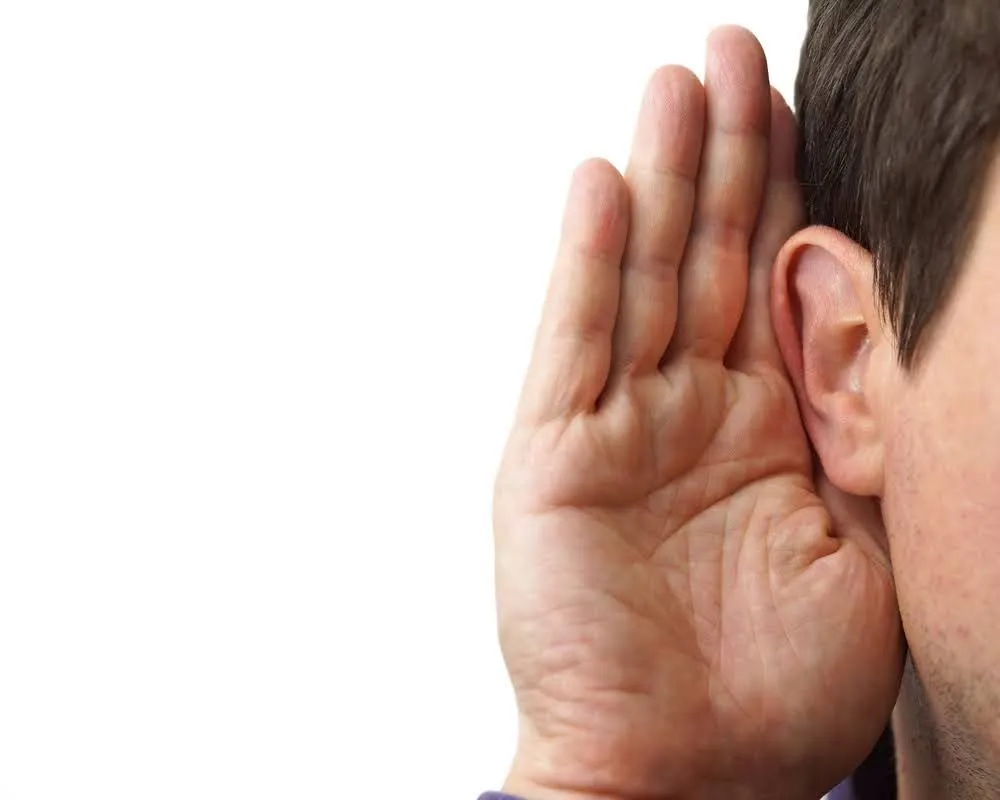To maintain a smoothly running air conditioning system, learn to recognize potential problems by identifying noises. Ignoring these sounds may lead to increased energy bills, damage, or premature replacement of your unit. Discover five AC noises to be cautious of.
Gurgling or Bubbling Sounds
When the air conditioner operates, the refrigerant circulates through a closed-loop system, absorbing heat from the indoor air and releasing it outside. Ideally, the refrigerant should be in a liquid state throughout the process. However, air or moisture entering the system can create bubbles or gurgling noises as the refrigerant moves through the lines.
These unwanted substances can enter the system for various reasons, such as improper installation, leaks in the refrigerant lines, or inadequate air evacuation during initial setup. Additionally, changes in temperature and pressure can cause the trapped air or moisture to expand and contract, intensifying the gurgling sounds.
Removing air and moisture during the initial setup and servicing can help maintain the air conditioner’s efficient and quiet operation, providing optimal cooling comfort without the bothersome sounds.
Rattling
Rattling sounds in air conditioners occur due to loose or worn-out components within the system. When fan blades, screws, or other elements become loose, they vibrate during operation, resulting in a rattling noise. Regular wear and tear can also lead to worn bearings in the motor, causing vibrations.
Furthermore, debris or foreign objects, such as leaves or small objects, might get trapped in AC unit, leading to a rattling noise as they obstruct smooth operation. Additionally, the air filter could be clogged with dirt and dust, causing the airflow to become turbulent and producing rattling sounds as air passes through the restricted passage.
Another potential source of rattling is the refrigerant line. If the line is not adequately secured or insulated, it can vibrate against the surrounding surfaces when the AC is on. This can create rattling or buzzing noises. Cleaning and tightening components, changing filters, and ensuring proper insulation can go a long way in maintaining a quiet and efficient air conditioning system.
Hissing
Hissing sounds in air conditioners are due primarily to the buildup of pressure imbalances within the system. When the air conditioning unit operates, refrigerant gas flows through the system, transitioning between high- and low-pressure states during the cooling process. These pressure fluctuations can release excess gas or air through narrow openings or leaks in the ductwork or components.
The hissing sound results from the rapid expulsion of gas through these small openings, generating a turbulent flow that creates audible vibrations.
Dripping
Dripping sounds in air conditioners are from moisture condensation on the cooling coils. When warm air from the room is drawn into the air conditioner, it passes over these cold coils. As a result, the moisture in the air condenses into water droplets, which then accumulate on the surface of the coils.
Gravity then takes over, causing the water droplets to fall from the coils into a drainage pan or tray at the bottom of the air conditioner. From there, the water is directed through a drain pipe and released outside the building, or it may collect in an internal tank that needs manual emptying.
If the drainage system is clogged or blocked, the water can’t escape properly, leading to an overflow and subsequent dripping sound as it falls onto surfaces below. Regular maintenance can help prevent these dripping noises and keep the air conditioner functioning efficiently.
American Air Heating & Air Conditioning is a Northern Colorado-based company dedicated to providing solutions for your heating and air conditioning needs. We have a highly trained team of NATE-certified technicians who guarantee their labor and repairs for a full year. Contact us for sales and service requests.

